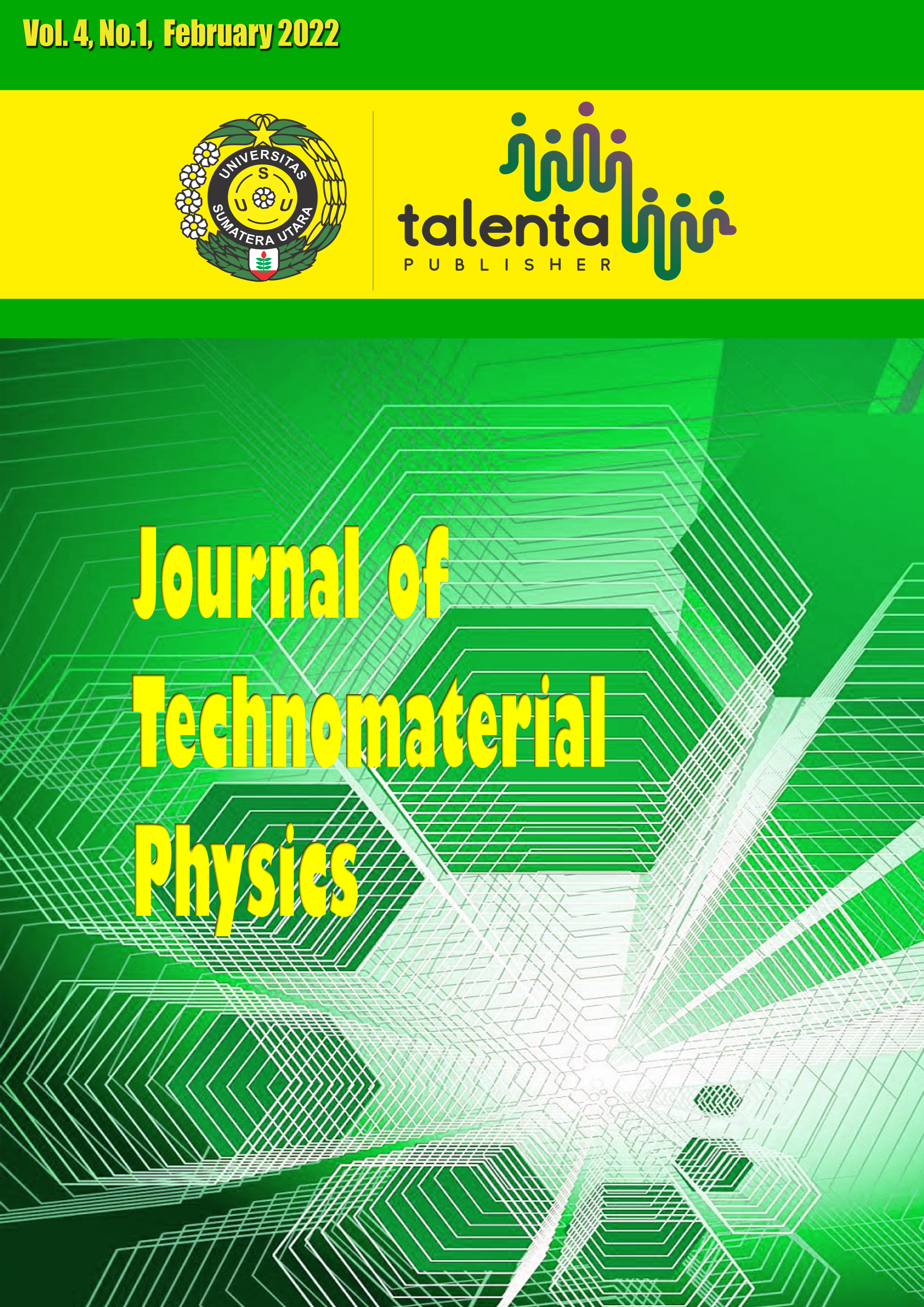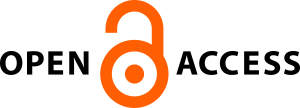Utilization of Scallop Shells (Placuna placenta) for Potential Water Filter Prototype in Jaring Halus Village, Jaring Halus-Langkat District and the Characterization Test
DOI:
https://doi.org/10.32734/jotp.v4i1.7395Keywords:
scallop shells, shell, water filter prototypeAbstract
Indonesia is a maritime country that has abundant marine wealth. Unfortunately, most fishers still live in poor conditions, including Jaring Halus Village, Secanggang District, Langkat Regency, North Sumatra Province. Previous research has shown that there is much coastal waste, such as Scallop Shells (Placuna placenta), that are not treated, even though it has the potential to help people who are experiencing water crises to get clean water sources. This study aimed to characterize the shells of Scallops and produce calcium carbonate as an activated carbon product to produce clean water. The method used to characterize the mashed scallop shells is X-Ray Diffraction (XRD). In this study, three different sizes, namely 25 μm, 90 μm, and 150 μm, will be compared, and the size and quality selected to produce the best calcium carbonate were tested at different temperatures, namely 800°C, 900°C, 1000°C, and 1100°C. In the x-ray diffraction analysis test, the smallest particle is 25 μm, which has the highest intensity compared to other sizes. The best particle size, which is heated/calcined at a temperature of 1100, has the highest intensity, which can remove all impurities and produce natural calcium carbonate, which is more stable. Based on the study results, it can be concluded that the best calcium carbonate is produced from particles with a size of 25 μm which are calcined at the highest temperature of 1100°C.
Downloads
Downloads
Published
Issue
Section
License
Copyright (c) 2022 Journal of Technomaterial Physics

This work is licensed under a Creative Commons Attribution-ShareAlike 4.0 International License.












